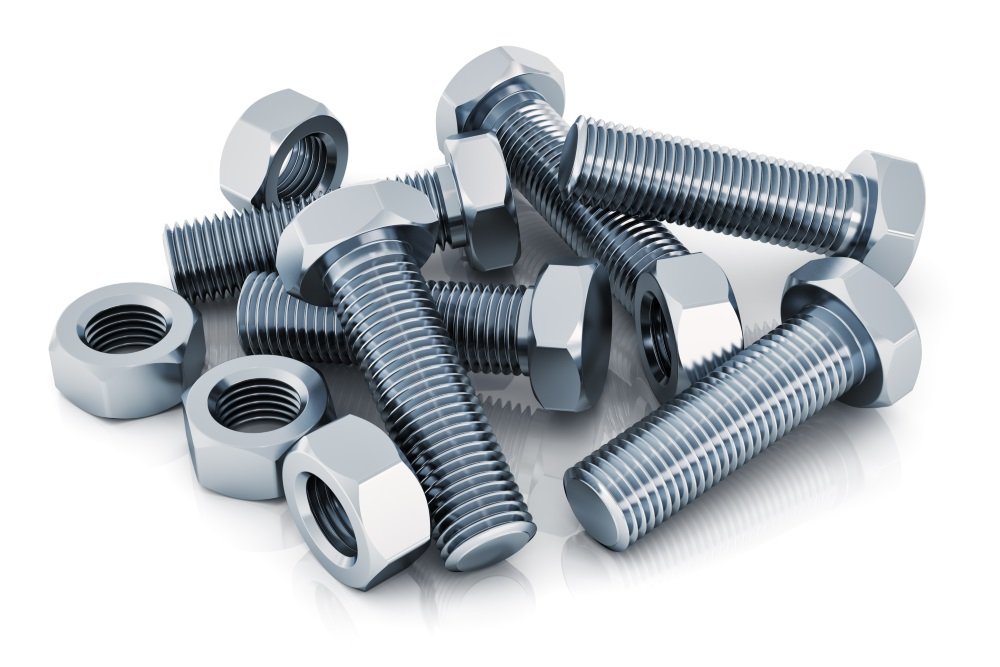In the fastening world, the terms “Allen bolt” and “hex bolt” are often used interchangeably. However, these are two distinct types of bolts with different features and applications. This article explores the differences between Allen bolts and hex bolts in detail.

What is an Allen Bolt?
An Allen bolt, also known as a socket head cap screw, is characterized by a cylindrical head and a hexagonal recess inside the head. The bolt is threaded, and the recess is designed to accommodate a hex key or Allen wrench, which is used to install or remove the bolt.
Features of Allen Bolts
- Internal Hexagonal Socket: The defining feature is the internal hexagonal socket in the head, which requires a hex key for operation.
- Cylindrical Head: They typically have a cylindrical head, although other head shapes like button or flat heads are also available with an internal hex socket.
- High Tensile Strength: Allen bolts are known for their high tensile strength and are often made from alloy steel.
- Precision: They offer greater precision during installation due to the secure fit of the hex key in the socket.
- Clean Finish: The design of the head allows for a flush or near-flush finish, making them aesthetically pleasing.
- Torque Transmission: The internal hex socket allows for higher torque transmission.
Applications of Allen Bolts
Allen bolts are widely used in applications that require high strength and precision. They are common in machinery, automotive, aerospace, and electronics.
What is a Hex Bolt?
A hex bolt, on the other hand, is characterized by a hexagonal shaped external head. This external head is designed to be used with a wrench or socket.
Features of Hex Bolts
- External Hexagonal Head: Hex bolts have a hexagonal-shaped external head, which can be gripped by standard wrenches or sockets.
- Variety of Head Sizes: The size of the head is not standardized and can vary, offering more options for grip and torque.
- Thread Length Variations: Hex bolts can have full or partial threading, depending on the application.
- Material Variety: They are available in a wide range of materials, including stainless steel, carbon steel, and more.
- Ease of Use: They can be easily installed or removed using common tools.
Applications of Hex Bolts
Hex bolts are versatile and find applications in a plethora of industries including construction, machinery, automotive, furniture, and more.
Comparing Allen Bolts and Hex Bolts
- Tool Engagement: The most notable difference is in the tool engagement. Allen bolts have an internal hex socket requiring a hex key, while hex bolts have an external hex head requiring a wrench or socket.
- Head Shape and Size: Allen bolts usually have a smaller, cylindrical head, while hex bolts have a larger, hexagonal-shaped head.
- Torque Application: Allen bolts can handle higher torque due to the internal hex socket, while hex bolts may offer less torque application.
- Aesthetic Finish: Allen bolts typically provide a cleaner finish as the head can be flush with the surface, whereas hex bolts may protrude more.
- Material and Strength: While both can be made from various materials, Allen bolts are typically favored in applications requiring higher tensile strength.
- Accessibility: Hex bolts can be easier to fasten or unfasten in tight spaces using an open-ended wrench, while Allen bolts need more direct access for the hex key to engage.
Choosing Between Allen Bolts and Hex Bolts
The choice between Allen bolts and hex bolts depends on the specific requirements of your application. Consider factors such as the necessary clamping force, space constraints, desired finish, and available tools. Allen bolts are preferable for high-strength applications requiring precision and a clean finish. In contrast, hex bolts are versatile and more accessible, making them suitable for a broader range of general applications.
Conclusion
Allen bolts and hex bolts serve different purposes in the fastening world. Understanding their distinct features and applications is key to making an informed decision for your project. Allen bolts, with their internal hex sockets, are ideal for high-precision, high-strength applications, while hex bolts, with their external hex heads, offer versatility and ease of use across various industries.
